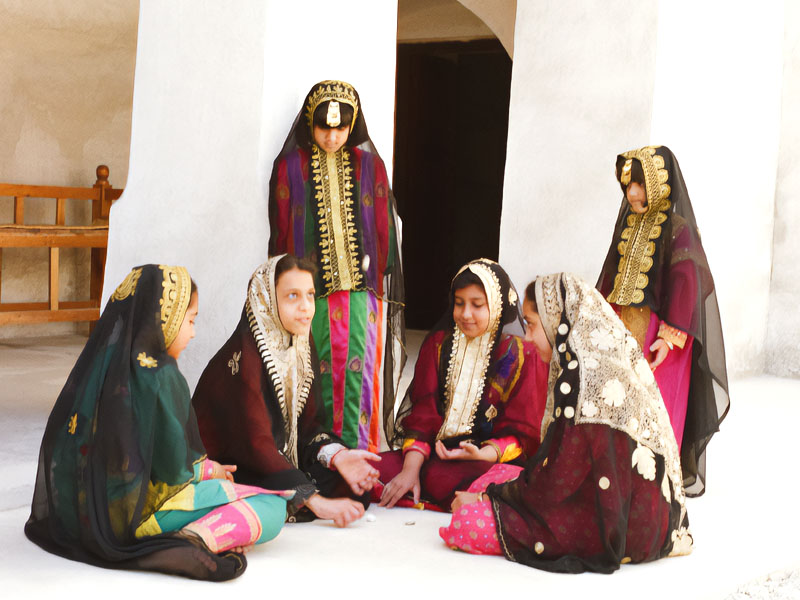Bahraini Children’s Songs: Institutionalization and Documentation
Issue 2

Dr. Abdul-Qader Faidouh - Bahrain
The article focuses on the role the Kingdom of Bahrain plays in institutionalizing folk culture, especially the oral tradition which has become one of the priorities of cultural institutions. Folk culture is considered of equal importance to other historical resources which maintain interaction between different generations. This interaction is given due attention by the cultural and national sector in the Kingdom which is keen on pointing out the genuine aspects of folk culture and tying them with public life and future aspirations in general.
Folk culture, particularly children songs, is an essential factor in developing children’s individual character. They will continue to contribute to keeping intact the genuine features of the oral tradition for fear of being lost due to the ever-changing circumstances. Those songs implant in children a strong sense of their folk culture.
The study also concentrates on folk children’s songs as an effective tool for their sustained social upbringing since the songs are a spontaneous and intuitive reflection of inner emotions.
If spontaneity plays a role in creating children’s songs, they can strengthen the folk sense as they are the result of a collective effort representing varied social classes rather than elite social groups only. Children’s songs in Bahrain, as in other Arab countries, are simple as they represent children’s conscious responsive desires and their receptive memory. And since the child is the symbol of the simple human being before experiencing the complications of social life, folk songs mirror his simple mentality and emotions, which in turn creates a kind of interaction between him and the spirit of the community.
Therefore, training the child’s auditory sense can nurture in him the imaginary images which correspond with his tendencies and desires. The child’s auditory sense is motivated, according to researchers, when the rhythmic bell first rings “in his ears while still in the cradle where he is first introduced to what are called the cradle songs their mothers chant to lull him to sleep. Such songs usually express moral concepts and hopes as well as dream-like images. The auditory system in children begins working a few days after birth, and children enjoy babbling some sounds”. No wonder then that the child is affected by those songs which help him acquire personal auditory traits as he grows up. Thus, his special character develops through acquisition starting from the early linguistic stages because his world is a linguistic structure which contributes to constructing his character.







































































